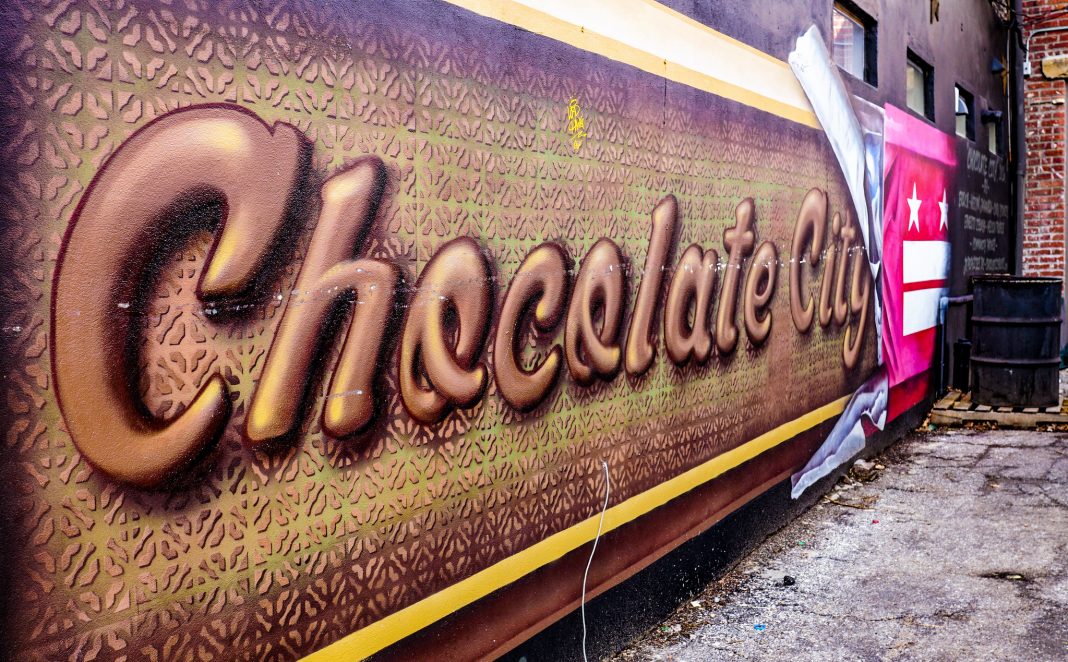A recently released study compared five major cities and of them all, DC emerged as the top spot for Black owned businesses. Historically known as “Chocolate City,” Washington is no longer a majority-Black city but nearly 30% of all businesses in the District of Columbia are Black owned. While much progress is still needed, the numbers indicate that there is still opportunity, even in an intensely gentrified city, for Black people to exercise power.
The Center City District (CCD) and Central Philadelphia Development Corporation (CPDC) released a report titled, Getting More Philadelphians Back to Work: Business Density and the Role of Black and Minority Owned Businesses. In it, researchers used data from the 2018 U.S. Census Bureau’s Annual Business Survey (ABS) and analyzed the total number of businesses in Philadelphia and the number of Black, Hispanic, Asian and white owned firms. Researchers then compared the data to Atlanta, Boston, New York and Washington D.C. Blacks make up roughly 45% of Washington’s population of 693,972. For every 1,000 residents, there are five Black owned businesses, 7.8 Hispanic-owned businesses, 60.8 Asian-owned businesses and 29.8 white-owned businesses. That puts DC on top of the other major cities analyzed but there are still challenges.
Black owned businesses in D.C. made between $600,000 to $1 million more than than they did in the four other cities. Even so, Black entrepreneurs in the District ranked near the bottom with respect to revenue. In 2017, Black entrepreneurs averaged $1.9 million in sales compared to $3.1 million for white entrepreneurs, $2.9 million for Hispanic-owned businesses and $1.6 million for Asian-run enterprises. The revenue gap might have something to do with the struggles Black owned businesses have obtaining government contracts, something D.C. was legendary for when Marion Barry led the city. In fact, Barry’s administration required all city agencies to ensure 35% of the dollar volume of their contracts went to minority firms. Close to fifty minority firms performed more than a third of the city’s construction contracts for development projects.
Black entrepreneurs in D.C. are doing better than in some cities but in many respects, progress has gone in reverse. Government contracting is a huge area of concern and for smaller companies, simply connecting to a Black customer base is increasingly challenging, in a city that has rapidly and intensely gentrified.








